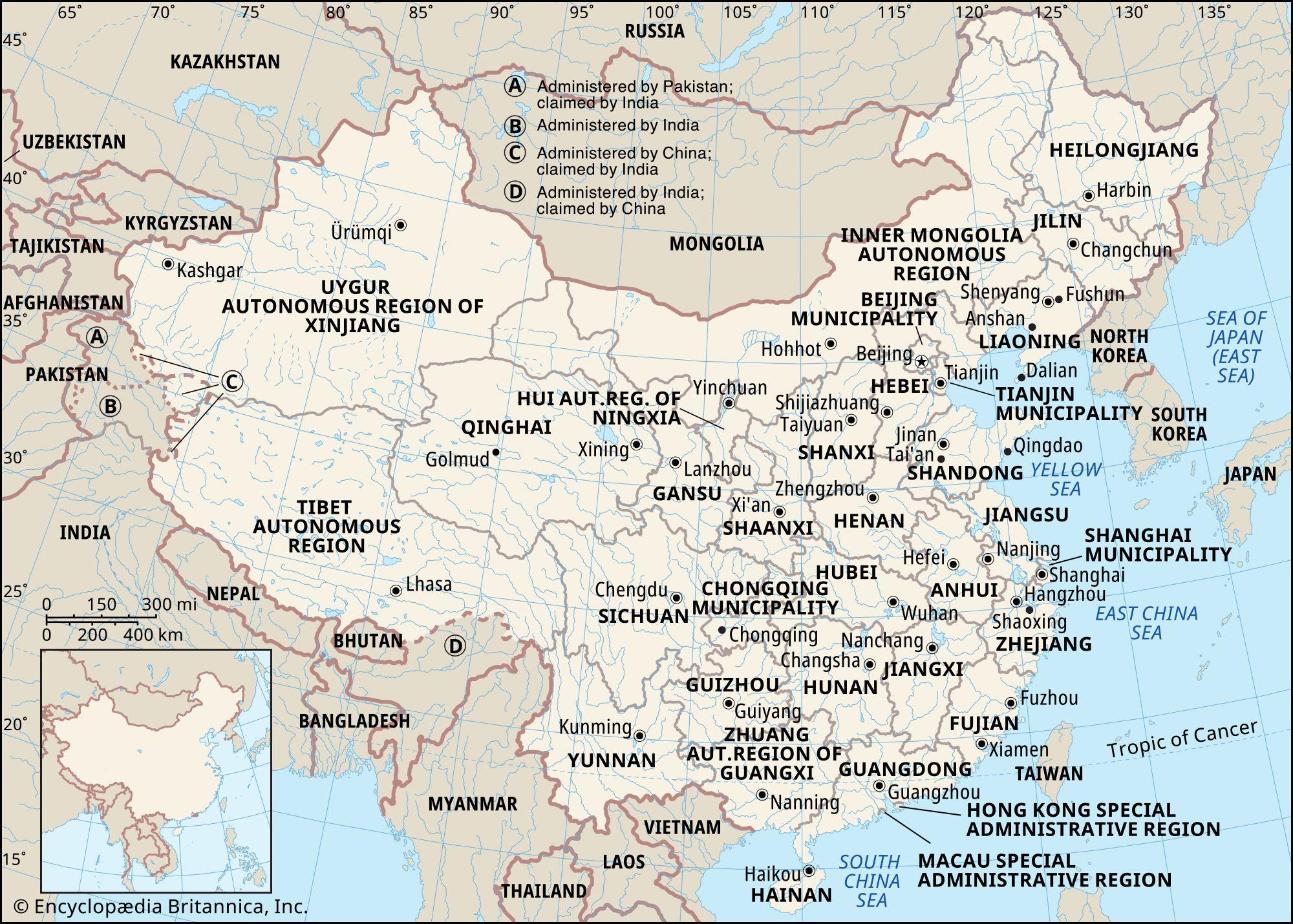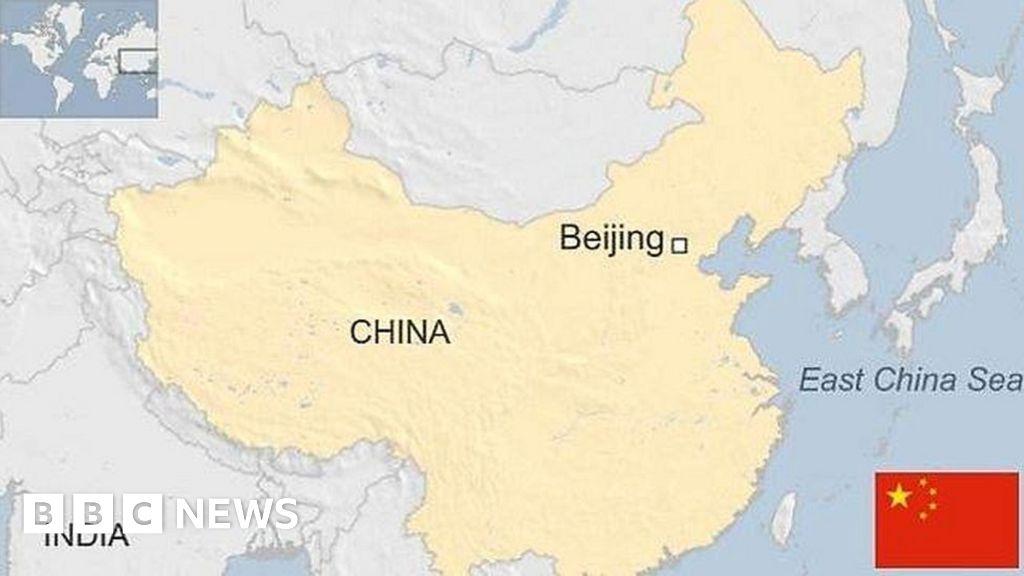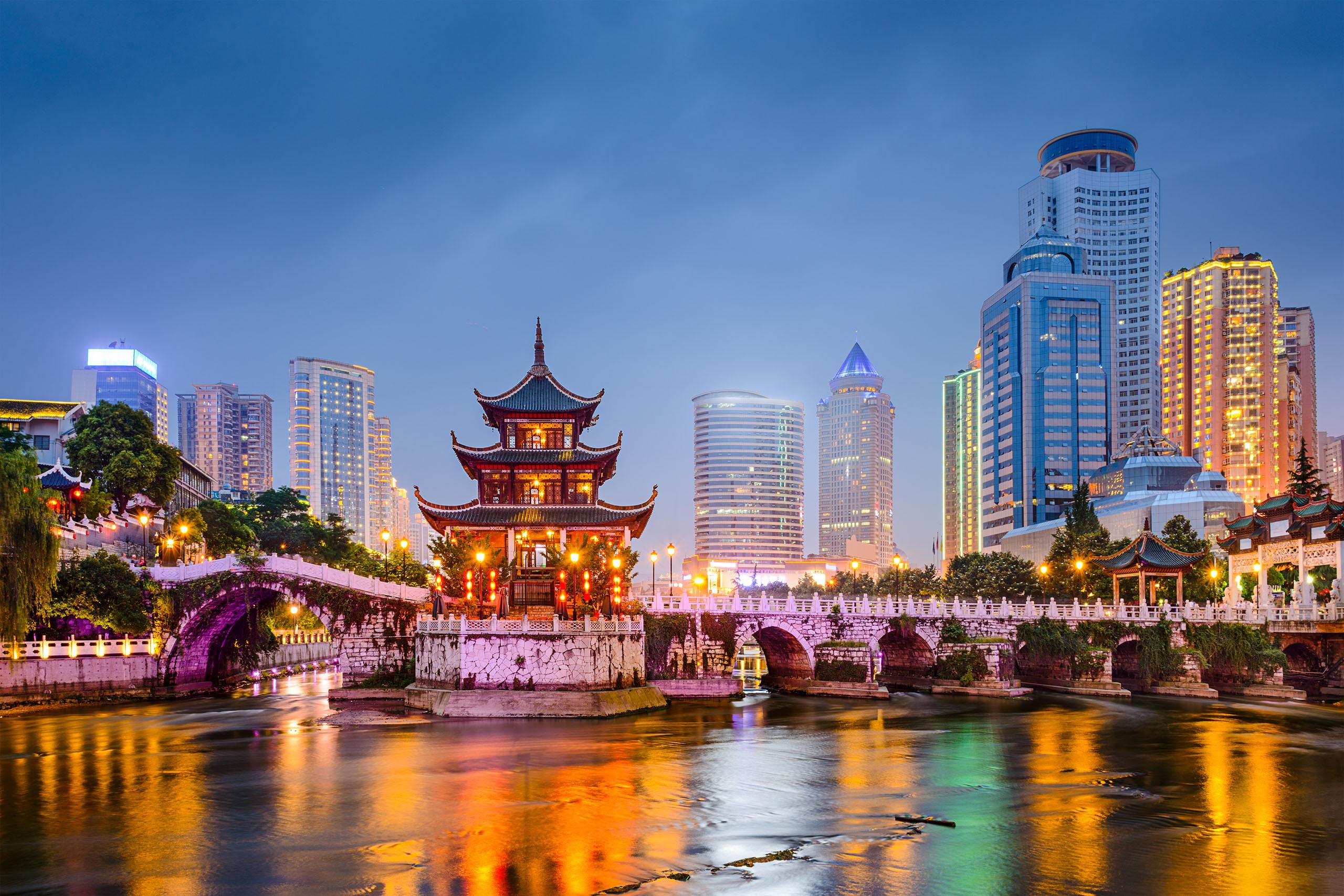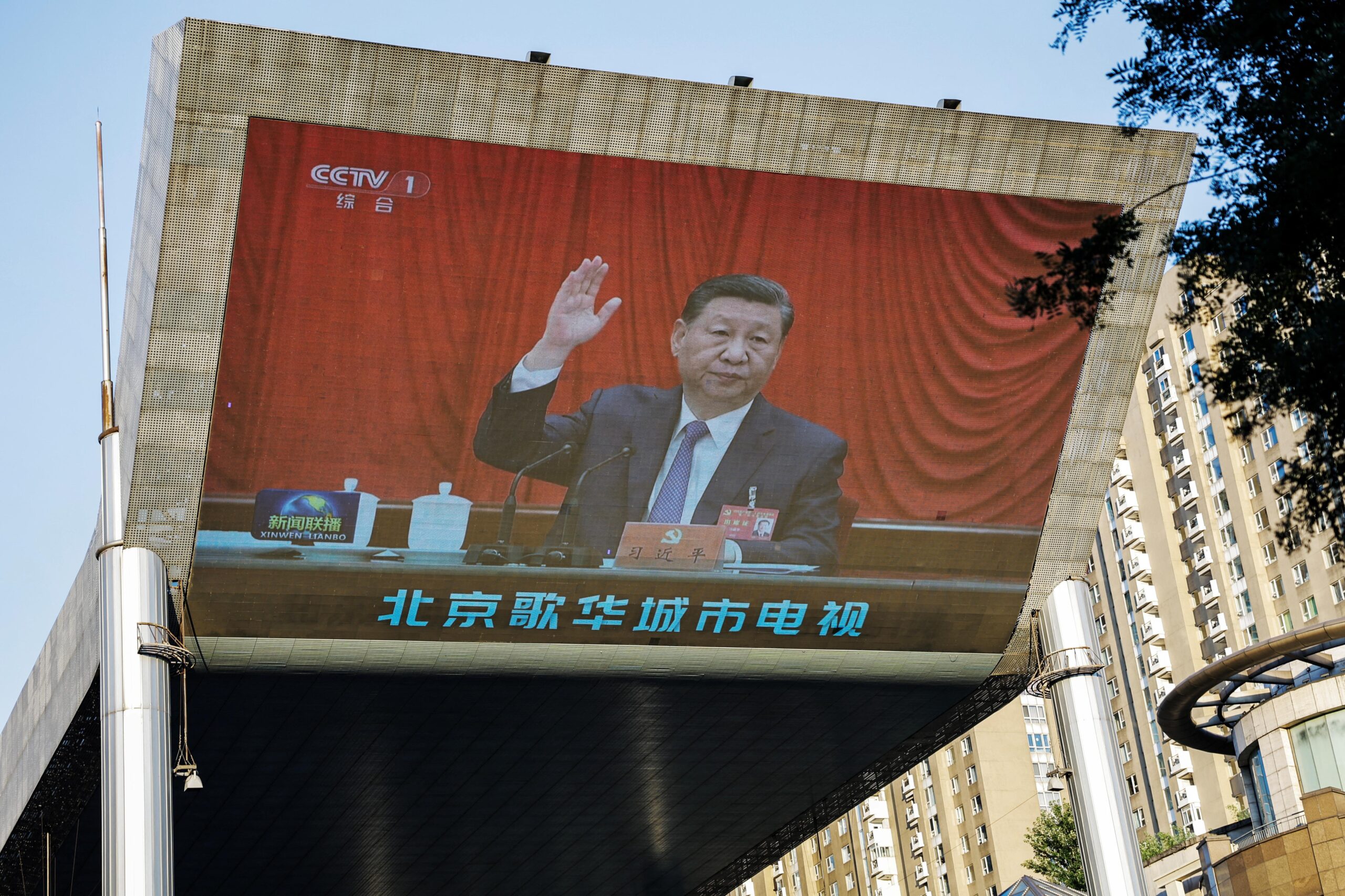The echoes of the past whisper through the corridors of power, a haunting reminder of closed doors and fractured economies. With the spectre of unilateralism casting its shadow, China’s Premier has issued a clarion call: “Open wider, or risk being left behind.” This isn’t just a slogan, it’s a strategic imperative, a recognition that in a world rife with global challenges, isolation is no longer an option.
Table of Contents
- A New Era of Openness: Chinas Response to Global Uncertainty
- The Economic Imperative: Fostering Trade and Investment
- Beyond the Market: Promoting Cultural and Educational Exchanges
- Building Trust: Diplomacy in the Face of Unilateralism
- Wrapping Up

A New Era of Openness: Chinas Response to Global Uncertainty
In a clear signal of intent to navigate the turbulent geopolitical landscape, China’s Premier Li Keqiang has emphasized the need for the country to further open up to the world. This bold statement underscores a fundamental shift in China’s approach to globalization, acknowledging the rising tide of unilateralism and protectionism that threatens the global order.
Li Keqiang’s call for open markets, free trade, and deepened international cooperation reverberates with a growing chorus of concerned voices worldwide. The Premier’s words offer a glimmer of hope in a world grappling with a new era of uncertainty.
| Key Areas for Openness | Impact |
|---|---|
| Increased foreign investment | Stimulating economic growth and innovation |
| Enhanced trade liberalization | Expanding market access for Chinese and foreign businesses |
| Deepened international collaboration | Fostering global stability and prosperity |
This strategic shift towards greater openness comes at a critical juncture, with global institutions facing strain and the world grappling with rising geopolitical tensions. China’s proactive approach, prioritizing open markets and international cooperation, signals a commitment to navigating the turbulent currents of the 21st century. 
The Economic Imperative: Fostering Trade and Investment
Premier Li Keqiang underscored the critical need for China to further open its markets, arguing that doing so is essential to counter the rising tide of unilateralism and protectionism in the global economic system. “We must embrace openness and cooperation as the primary tools for achieving sustainable growth,” he stated. Li emphasized that China’s economic success is inextricably linked to its ability to foster robust trade and investment flows. He highlighted several key initiatives:
- Streamlining Investment Procedures: Simplifying regulations and procedures will make it easier for foreign companies to invest in China, creating a more attractive environment for capital inflows.
- Enhancing Market Access: Expanding market access and reducing barriers to trade will provide opportunities for Chinese companies to engage with the global marketplace and foster greater economic integration.
- Promoting International Cooperation: Deepening economic cooperation with other countries through multilateral agreements and collaborative initiatives will bolster global stability and enhance shared prosperity.

Beyond the Market: Promoting Cultural and Educational Exchanges
Premier Li Keqiang’s call for further openness in China resonates deeply with a growing need for global cooperation. In a world grappling with escalating unilateralism, cultural and educational exchanges offer a vital pathway for understanding and collaboration. Through these exchanges, we can foster empathy, challenge stereotypes, and break down barriers that hinder progress. This is not just about trade or economic benefits, but about building a more interconnected and peaceful world. Initiatives like:
- Expanded student exchange programs
- Collaborative research projects
- Cultural festivals and performances
can serve as powerful tools for breaking down geopolitical divides.

Building Trust: Diplomacy in the Face of Unilateralism
Premier Li Keqiang’s call for China to further open up its economy is a clear signal that the country is committed to a world based on international cooperation and multilateralism. This message, delivered during a time of rising unilateralism, underscores the importance of building trust and fostering a more inclusive global order. While China has made significant strides in opening its markets, further liberalization in key sectors, including finance, technology, and services, would strengthen its commitment to global interdependence. Such measures would not only benefit China’s own economic development, but also contribute to a more stable and prosperous world for all.
Wrapping Up
The stage is set. China, with its eyes on the global horizon, is ready for a new act – one of open collaboration and shared growth. The spotlight now falls on the world stage, where the world can witness the rise of China, not as a solitary actor, but as a committed partner in the grand theatre of global cooperation. The curtain is rising on a new era.

Leave a Reply